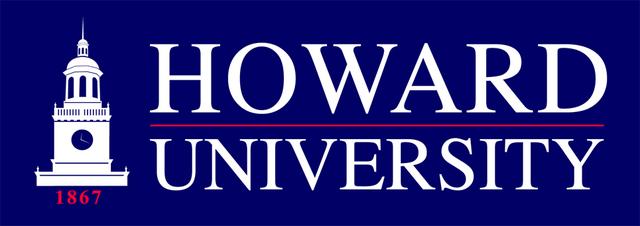What are Export Controls?
Federal export control laws restrict the export of goods, technology, related
technical data and certain services in the interest of protecting the national security and domestic economy. These laws have been in existence for many years, but the events of 9/11 have resulted in heightened concerns about national security and stricter interpretation and enforcement of export control laws and regulations by the federal government.
Federal export controls are enumerated primarily through the Export Administration Regulations (EAR, implemented by the Department of
Commerce for items that have both a commercial and potential military use)
and the International Traffic in Arms Regulations (ITAR, implemented by the
Department of State for military items and defense services.) The Treasury
Department's Office of Foreign Assets Control (OFAC) administers and enforces economic and trade sanctions to protect foreign policy and national security goals.
An export is:
Shipment of a controlled commodity, equipment, material, or software
outside of the U.S.
Disclosing controlled technology or technical data to a foreign
national, whether in the U.S. or abroad
Performing technical assistance or defense services for or on behalf of
a foreign national, whether in the U.S. or abroad
Exports within the U.S. are considered to be a "deemed" export to the
foreign national's home country
Office of Regulatory Research Compliance
Howard University
HU Research Bldg 1
1840 7th Street, NW
Suite 309
Washington, D.C. 20001
Phone: (202) 865-8597
Fax: (202) 232-5286
ORRC is located directly across from the Howard University Shaw Metro on 7th Seventh St.(Georgia Ave) on the third floor of the Howard University Research Building-1.
Export Controls
Office of Regulatory Research Compliance




